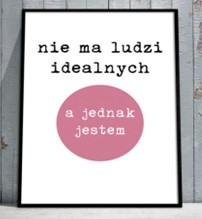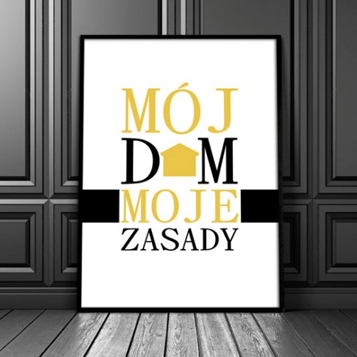CJEU confirms that information claim does not require proving
In the judgment of April 27, 2023 (ref. C-628/21), the CJEU, in reply to the request for a preliminary ruling from a Polish intellectual property court (District Court in Warsaw), ruled on the information claim referred to in Article 8(1) of the Enforcement Directive (Directive 2004/48/EC of the European Parliament and of the Council of 29 April 2004 on the enforcement of intellectual property rights) and Article 479[112] et seq. Polish Civil Procedure Code.
It is worth recalling that the information claim is intended to make it easier for intellectual property rights holders to obtain from infringers the information needed to formulate claims, in particular a claim for damages. As of July 1, 2020, Polish Civil Procedure Code includes the implementation of Article 8(1) Directive uniformly for all intellectual property rights. Previously, the provisions of the Directive were present in Poland separately for Industrial Property Law and Copyright Law.
The Case in question concerned a dispute between the author of simple images (containing simple text and graphics, such as „My house, my rules”, „There are no perfect people and yet I am”) and Castorama LLC. The author alleged that the Company, by marketing reproductions of the images violated her copyrights in these works. She demanded that Castorama disclose information about the distribution network and the quantity of goods received and ordered, a complete list of suppliers, the date on which the goods were introduced for sale in stationary stores and in Castorama Polska’s online store, as well as the quantity and amount obtained from the sale of the said goods, broken down into stationary and online sales.
Castorama disputed the author’s right to demand the information. The company argued that the disputed reproductions of the images did not constitute a work within the meaning of copyright law, and that the author had failed to prove that she actually held the copyright to the images.
The Polish court hearing the case filed to CJEU a request for a preliminary ruling. The court’s doubts concerned whether, in a case involving an information claim, the circumstances cited by the claimant must be proven or only made plausible. The difference is significant in that substantiating is much simpler than proving the validity of a claim.
The Court ruled that in the case of an information claim, the applicant must provide any reasonably available evidence enabling the court to satisfy itself with a sufficient degree of certainty that the applicant is the right holder, by submitting evidence appropriate to the nature of that right and any special applicable formalities. However, it is sufficient to substantiate and not to prove the entitlement to certain intellectual property rights. It is necessary to present evidence to the court, but it will be evaluated in the light of the obligation to substantiate and not to prove the claim.
The Court also stated that it will be for the national court to assess whether the right holder has presented sufficient evidence to show whether it is entitled to the intellectual property right in question. It will also be up to the national court to assess the reasonableness and proportionality of the request for information submitted to it, and to check whether the applicant is abusing the mechanism.
Comment:
The CJEU judgment should be considered appropriate. Assuming that in the case of an information claim it is necessary to prove certain circumstances, in particular, to show that the good to be protected is a work would grossly limit the possibility of achieving the purpose it is intended to serve, i.e. to enable the right holder to formulate a claim.
The CJEU’s decision confirms earlier views of the Polish doctrine. It is assumed that when exercising the right to information, the entitled person should only substantiate, and not prove certain circumstances, as provided for in the case of an application for a preliminary injunction.
 |
 |
Source: https://dekochatka.pl/sklep/plakat-z-napisem-nie-ma-ludzi-idealnych-a-jednak-ja-jestem/ https://dekochatka.pl/sklep/obraz-moj-dom-moje-zasady/
Unfortunately, we don’t know exactly what images were in dispute. However, the posters of this series are popular and widely known, and below are sample images available online.
See more:
Review of CJEU case law from 2.02.2026 to 6.02.2026
Judgment of 5 February 2026, EUIPO v Nowhere Co. Ltd, Case C‑337/22 P – The case concerned opposition proceedings relating to the application for registration of the EU figurative trade mark APE TEES: – On 30 June 2015, Mr Ye filed an application for an EU trade...
Review of CJEU case law from 26.01.2026 to 30.01.2026
Judgment – of 28 January 2026 – Montepelayo, SLU v. EUIPO, Case T-203/25– The case concerned opposition proceedings against the registration of an EU word mark. – Montepelayo, SLU filed an EU word mark application for TELOTRÓN for goods and services in Classes 5...
Review of CJEU case law from 19.01.2026 to 23.01.2026
Hesse v EUIPO – 19.01.2026 – Ferrari (TESTAROSSA), Case C‑597/25 P– The case concerned the procedure under Article 58a of the Statute of the Court of Justice for determining whether an appeal against a judgment of the General Court in EU trade mark proceedings should...
